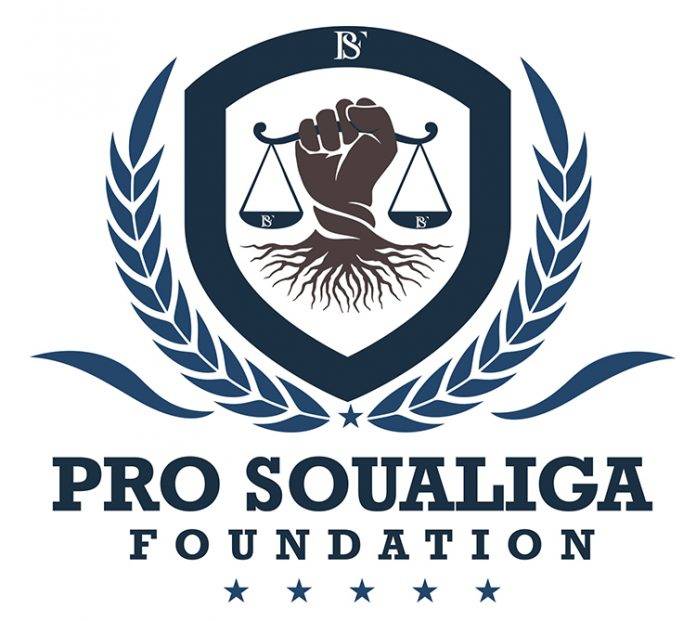In 1954, the Netherlands adopted the very restrictive Kingdom Charter in contravention to the advice given by the United Nations Fourth Committee the previous year. In 1955, the United Nations rejected the Kingdom Charter by refusing to declare that the islands of the former Netherlands Antilles had attained a full measure of self-governance, a right to self-determination and that Chapter XI no longer applied.
According to Dr. Hillebrink, author of The Right to Self-Determination and Post-Colonial Governance: The Case of the Netherlands Antilles and Aruba, the United Nations’ refusal to make the three aforementioned statements regarding full measure of self-governance, a right to self-determination and the application of Chapter XI, was based on the restrictive articles of the Kingdom Charter namely Articles 44, 50, 51, as well as, the appointed governor.
Bear in mind that in 1953 and 1954 respectively, the United Nations was able to declare that Puerto Rico and Greenland had attained a full measure of self-governance and a right to self-determination. Somehow in 1955, the United Nations were not able to make those exact statements for the former Netherland Antilles in UN Resoultion 945 (X).






























